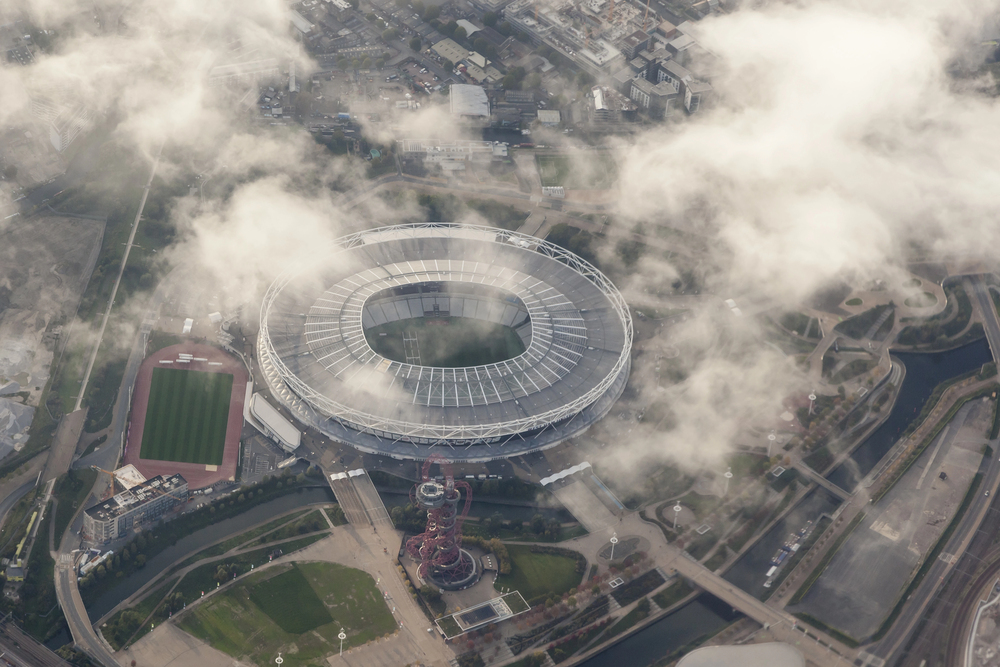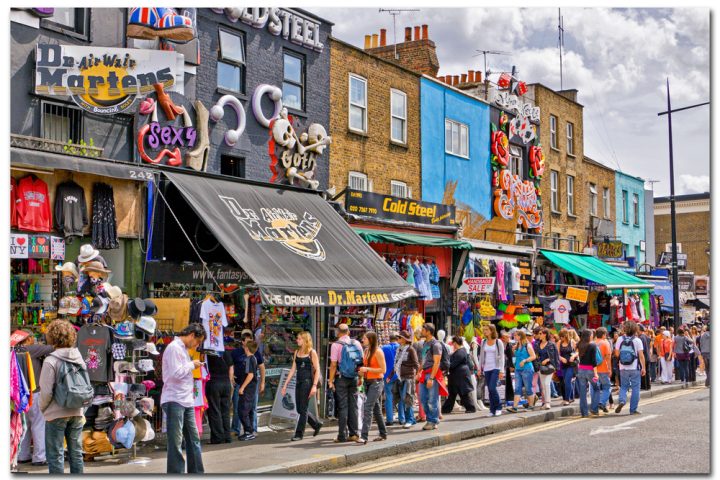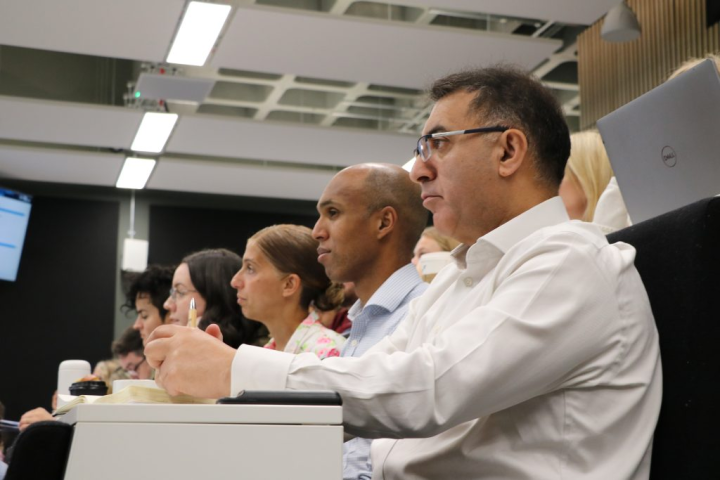The fourth edition of the UEFA Nations League has come and gone, and while it delivered no shortage of excitement, the question still lingers: does anyone truly care?
For all its on-field drama, the tournament continues to feel like a warm-up act rather than a meaningful chapter in international football.
Despite efforts to raise its profile and carve out space among other summer tournaments, the Nations League remains a tough sell—both to fans and punters interested in football betting.
The 2025 Finals in Germany were packed with storylines. A resurgent Portugal, powered by a seemingly ageless Cristiano Ronaldo, beat the hosts 2-1 in the semi-final before edging past Spain on penalties in the final.
Ronaldo, 40 years old and still clutch in big moments, wept as he lifted his third major trophy with his country. Spain, for their part, beat France 5-4 in a semi-final thriller that would’ve done any major competition proud.
But for all the fireworks, the Nations League still can’t shake its reputation as a competition without teeth.
High drama, low stakes?
Let’s be clear: the football itself hasn’t been the issue. The 2025 finals produced memorable moments—dramatic goals, penalty shootouts, even the fairytale of a veteran Ronaldo dominating on the international stage once more
But the emotional highs on the pitch haven’t translated to engagement off it.
Unlike the World Cup or European Championship, there’s no clear prestige tied to winning the Nations League.
Fans don’t dream of their country lifting it. Players don’t define their careers by it. And that’s because, structurally and symbolically, the Nations League has yet to escape the shadow of the international friendly format it was designed to replace.
The identity crisis
UEFA’s intentions were understandable when they launched the competition in 2018. The idea was to eliminate meaningless friendlies, add competitive edge to international breaks, and offer an alternative path to major tournament qualification.
However, the trophy doesn’t inspire awe. The qualification route, while useful, remains convoluted. And the calendar slot—tucked between domestic seasons or played post-Euros or World Cups—gives it the feel of an afterthought.
The Ronaldo effect
With crucial goals against Germany and Spain, Ronaldo proved once again that he thrives on the international stages.
His emotional reaction to lifting the trophy—tears and all—was genuine but perhaps telling.
Ronaldo sees every international trophy as precious. And for Portugal and his own massive fanbase, his desire to win may have elevated the important of the Nations League.
Where does the Nations League go from here?
UEFA faces a dilemma. The Nations League is here to stay, and there’s clearly a market for meaningful international fixtures outside of major tournaments. But if it wants to escape its “glorified friendly” tag, something has to change.
That could mean adjusting the format, raising the stakes with tangible rewards, or simply investing in building its legacy through better storytelling and positioning. Until then, it will remain a tournament that provides drama without delivering prestige.
For now, it’s Ronaldo’s trophy—and his alone. For the rest of us, it’s still hard to care.






